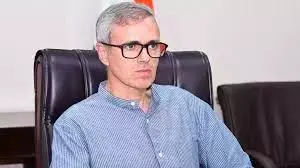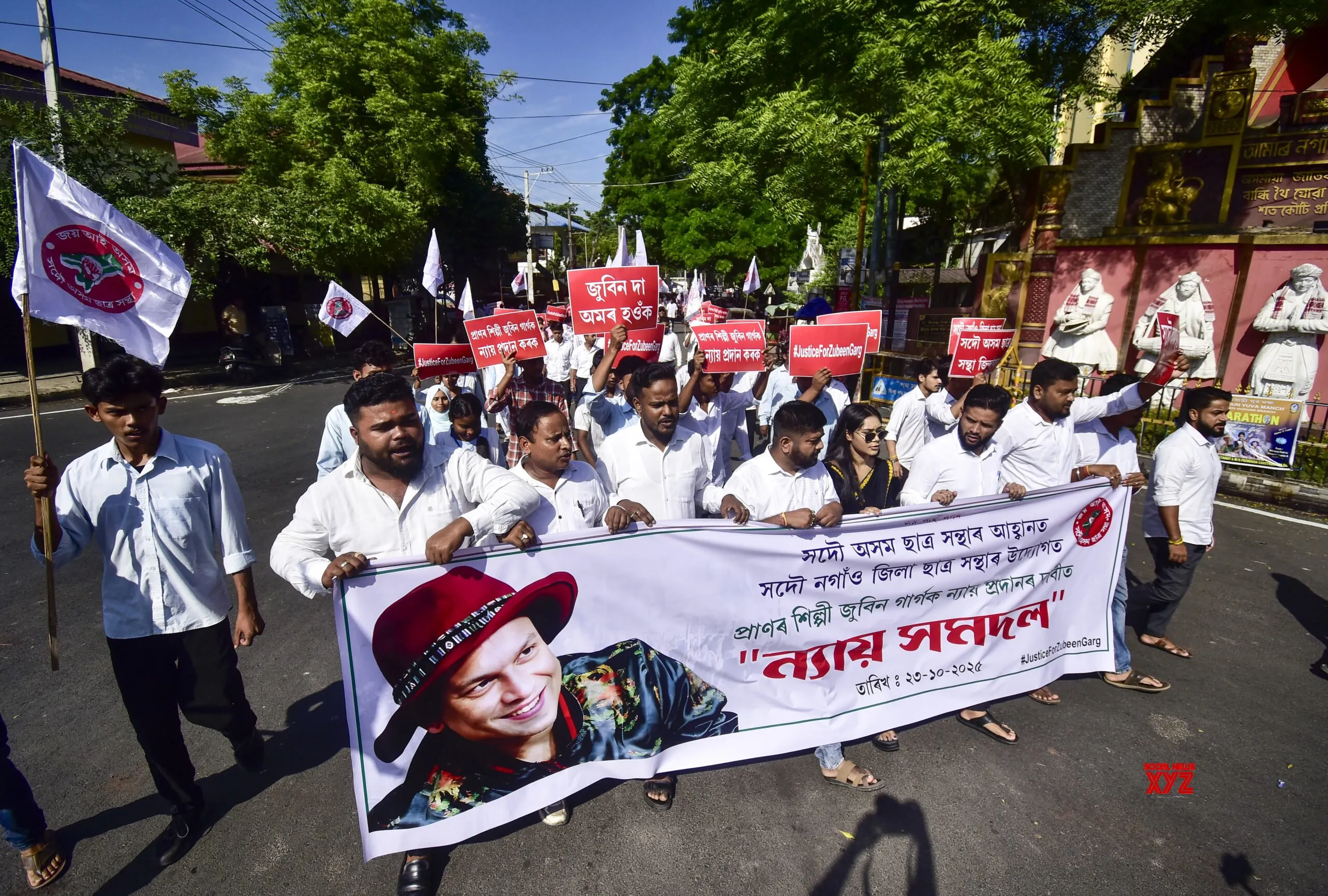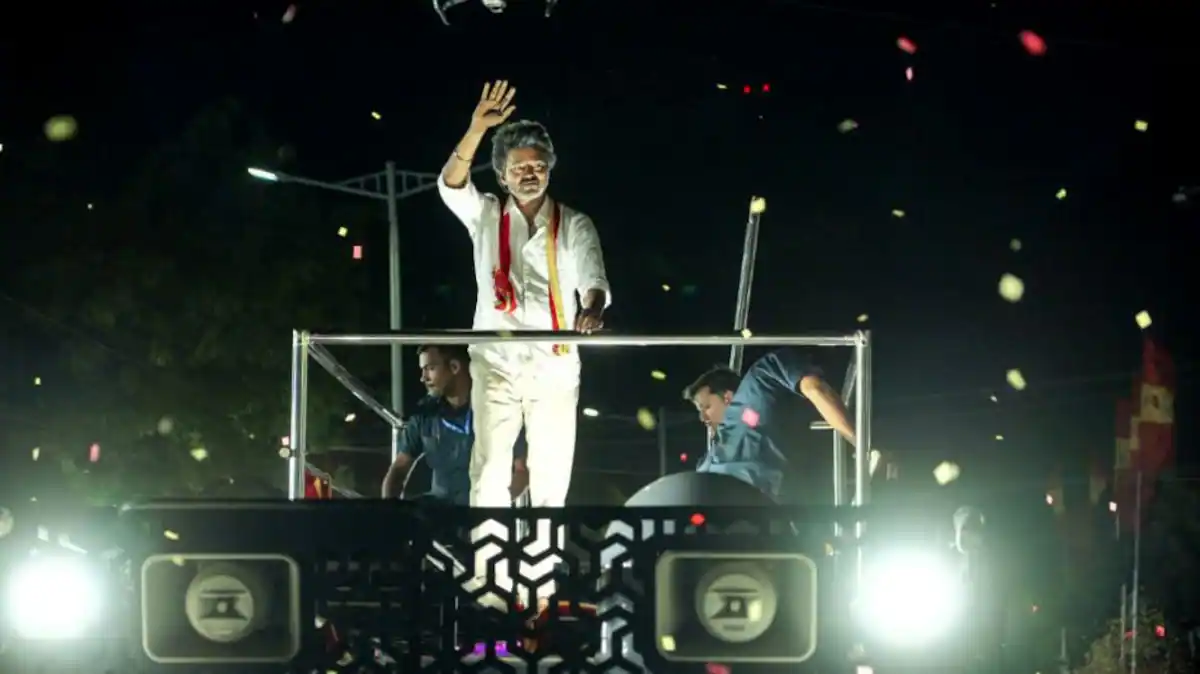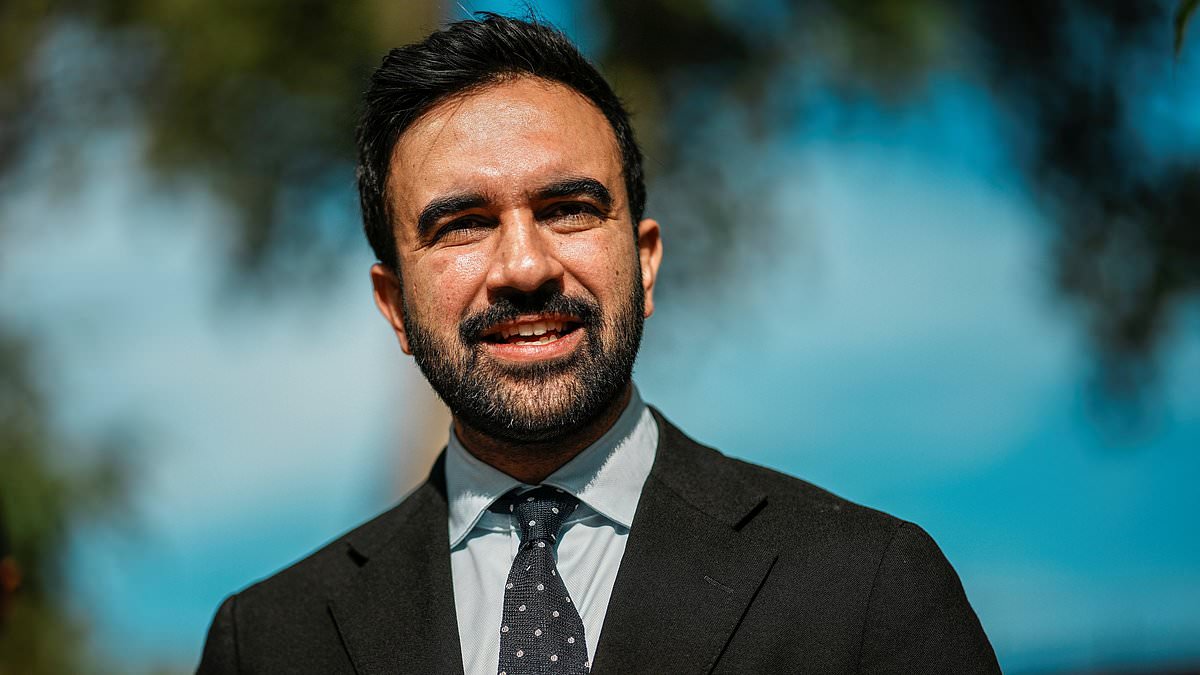Copyright deccanchronicle

SRINAGAR: Jammu and Kashmir Chief Minister Omar Abdullah on Monday launched a scathing attack on the Bharatiya Janata Party (BJP), accusing it of pursuing a divisive, religion-based political agenda that prioritises exclusion over inclusivity. The Chief Minister voiced frustration over the stalled restoration of J&K’s statehood, a core NC election pledge. “I’ve been hopeful since day one, but with each passing day, those hopes are fading,” he said. Addressing media following a session of the J&K Legislative Assembly here, Abdullah pointed to the absence of Muslim representation within the BJP’s ranks as evidence of its narrow and exclusivist approach to governance. “The BJP’s politics is rooted in religious division,” he asserted. He added, “The fact that they do not have a single Muslim Member of Parliament or Union Minister in their ranks is not just an oversight—it’s a clear reflection of their vision, or lack thereof, for inclusive representation.” He argued that the party’s approach undermines the principles of diversity and unity essential for effective governance in a pluralistic nation like India. In contrast, the Chief Minister emphasised that his administration in J&K is committed to equitable and impartial governance. He highlighted that the state’s relief and administrative policies are designed to address needs based on objective criteria, such as the extent of damage caused by natural disasters or other crises, rather than being influenced by religious or regional considerations. “Our policies are driven by fairness and transparency,” he stated. “Whether it’s providing relief or implementing administrative measures, we assess the situation based on the ground reality—religion or region plays no role in our decisions,” he said. Earlier he expressed similar views in the Assembly in response to a BJP member’s apprehension that the government was not taking adequate steps towards mitigating the suffering of the recent flood victims perhaps because more damage took place in Jammu region than the Kashmir Valley. Abdullah further underscored his government’s track record, asserting that it has consistently upheld principles of equality and justice in its actions. “Our commitment to fairness is not just a promise; it’s reflected in our work. The people of Jammu and Kashmir can see that we prioritise their needs over any divisive agenda,” he added. The Chief Minister expressed waning hope for the restoration of statehood to J&K, noting that prolonged delays are diminishing optimism. He declined to speculate on actions if statehood is not restored, stating, “Let’s get to that point first. We will talk then”. He also dismissed a report suggesting he might resign if statehood is not granted within a specific timeframe, refusing to elaborate further. Abdullah emphasised that governance challenges in a Union Territory setup highlight the need for statehood. “If there were no obstacles in a UT, why would I seek statehood? Departments are under me, but I don’t choose the officers, and several institutions remain outside elected government control,” he said. “I was hopeful (about statehood restoration) from day one, but that hope is diminishing. But the longer this issue drags on, the hopes will fade. The longer you make us wait, the less hopeful we will be,” he said. Yet he expressed hope that statehood would still be restored, adding, “If it happens while some hope remains, it will be better.” He lamented the Assembly’s inability to discuss statehood as such a discussion would have revealed where the 28 MLAs of the BJP stood on this. “We wanted to talk about it. But it seems that the Speaker has put a bar on it. I had no problem talking about it, as one MLA had tried to bring a resolution on statehood. We wanted statehood to be discussed, but the Speaker is the custodian of the House,” he said. He said that the BJP’s MLA campaigned on statehood but had not seen it restored by the Centre. He also mentioned that the Union Territory’s business rules, drafted under the JK Reorganisation Act, await Centre approval after discussions.



